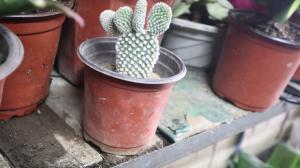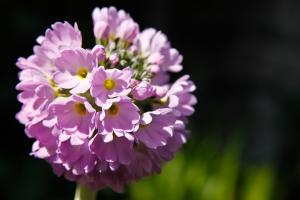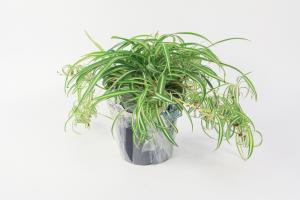Introduction
Poison ivy is a common plant found in many parts of the world. Its leaves, stems, and roots contain an oil called urushiol, which can cause an itchy, blistering, and painful rash when it comes in contact with skin. While there are many remedies and treatments available for poison ivy, the aloe vera plant is often touted as a natural and effective option.
What is Aloe Vera?
Aloe vera is a succulent plant that belongs to the family of Xanthorrhoeaceae. It is native to Africa but is now widely grown in many parts of the world. The plant is known for its thick, fleshy leaves and gel-like substance that can be extracted from the leaves. Aloe vera has been used for many years for its medicinal properties and is believed to have anti-inflammatory, antifungal, and antibacterial properties.
How Aloe Vera Can Help with Poison Ivy
Aloe vera has been shown to have soothing and healing properties for the skin. The gel-like substance found inside the leaves of the aloe vera plant contains enzymes, antioxidants, and vitamins that can help to reduce inflammation and promote healing. When applied topically to the affected area, aloe vera can help to relieve the itching, pain, and discomfort associated with poison ivy.
How to Use Aloe Vera for Poison Ivy
Using aloe vera to treat poison ivy is simple and straightforward. First, you will need to obtain fresh aloe vera leaves or aloe vera gel from your local health food store. If you are using fresh aloe vera leaves, you will need to cut them lengthwise and scrape out the gel using a spoon. If you are using aloe vera gel, simply apply a thin layer of the gel directly onto the affected area of skin.
Repeat this process several times a day until the symptoms of poison ivy have subsided. You can also add a few drops of tea tree oil to the aloe vera gel for added antifungal and antibacterial properties.
Conclusion
While there are many remedies and treatments available for poison ivy, aloe vera is a natural and effective option that has been used for many years for its healing properties. Aloe vera can help to soothe and relieve the itching, pain, and discomfort associated with poison ivy, and is a safe and gentle remedy for people of all ages.
If you are experiencing symptoms of poison ivy, consider giving aloe vera a try. It is a simple and natural remedy that can help to relieve your symptoms and promote healing.

 how many times do yo...
how many times do yo... how many planted tre...
how many planted tre... how many pine trees ...
how many pine trees ... how many pecan trees...
how many pecan trees... how many plants comp...
how many plants comp... how many plants can ...
how many plants can ... how many plants and ...
how many plants and ... how many pepper plan...
how many pepper plan...





























